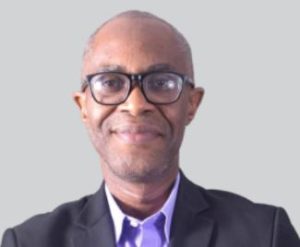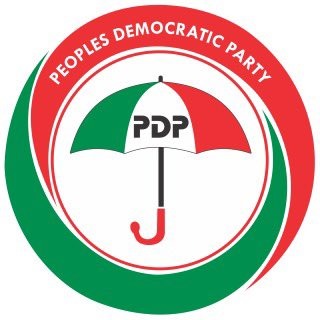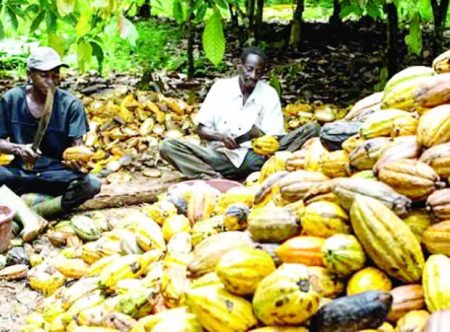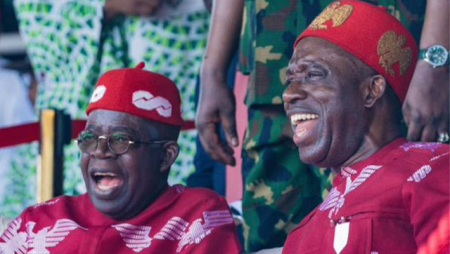The People’s Democratic Party (PDP) finds itself grappling with a deepening internal crisis, marked by allegations of impunity, disregard for the party’s constitution, and a wave of defections to the ruling All Progressives Congress (APC). Dan Orbih, the PDP Chairman in the South-South region, has voiced his concerns, attributing the turmoil to flawed decision-making processes and the prioritization of personal interests over democratic principles. His critique underscores the growing dissatisfaction among party members and the urgent need for internal reform to avert a bleak future for the PDP.
Orbih’s primary contention revolves around the party’s deviation from its constitutional framework. He argues that the PDP’s persistent disregard for its own rules and the prevailing culture of impunity have fueled discontent and triggered a mass exodus of prominent members, including governors and lawmakers, to the APC. This disregard, he asserts, has eroded the party’s credibility and weakened its ability to effectively challenge the ruling party. He emphasizes the supremacy of the constitution over individual interests and calls for a return to constitutionalism as the guiding principle for all party activities.
The South-South Chairman’s concerns extend beyond procedural irregularities to encompass the influence of personal affiliations and the lack of transparency in decision-making. He cites instances where governors refused to support the outcome of a regional congress due to personal loyalties, highlighting how individual agendas have superseded democratic processes. This, he argues, has fostered an environment of distrust and undermined the integrity of the party’s internal elections. He further questions the sincerity of some party leaders involved in a coalition with other political entities, alleging a lack of transparency and demanding clarification on the potential benefits of such alliances for the PDP.
Orbih’s call for internal cleansing reflects a growing sentiment within the PDP that the party must address its internal issues to regain public trust and remain a viable political force. He advocates for a thorough examination of the party’s shortcomings and a commitment to rectifying past mistakes. This process, he believes, is crucial for restoring confidence among party members and attracting new support. He stresses the need for a shift in the party’s approach, moving away from the practices that have led to its current predicament.
The defections of high-profile members, including governors Sheriff Oborevwori of Delta State and Umo Eno of Akwa Ibom State, along with numerous lawmakers, underscore the severity of the crisis facing the PDP. These departures represent a significant loss of political capital and influence, weakening the party’s ability to compete effectively in future elections. The continued exodus of members raises concerns about the party’s long-term viability and its capacity to present a united front against its political rivals.
Orbih’s outspoken criticism of the PDP’s internal dynamics highlights the challenges facing the party as it seeks to rebuild and regain its footing in the Nigerian political landscape. His call for a return to constitutionalism, transparency, and internal democracy resonates with those who believe that the party’s future hinges on its ability to address these fundamental issues. The ongoing crisis within the PDP serves as a stark reminder of the importance of internal cohesion and adherence to democratic principles for any political party seeking to remain relevant and competitive.













